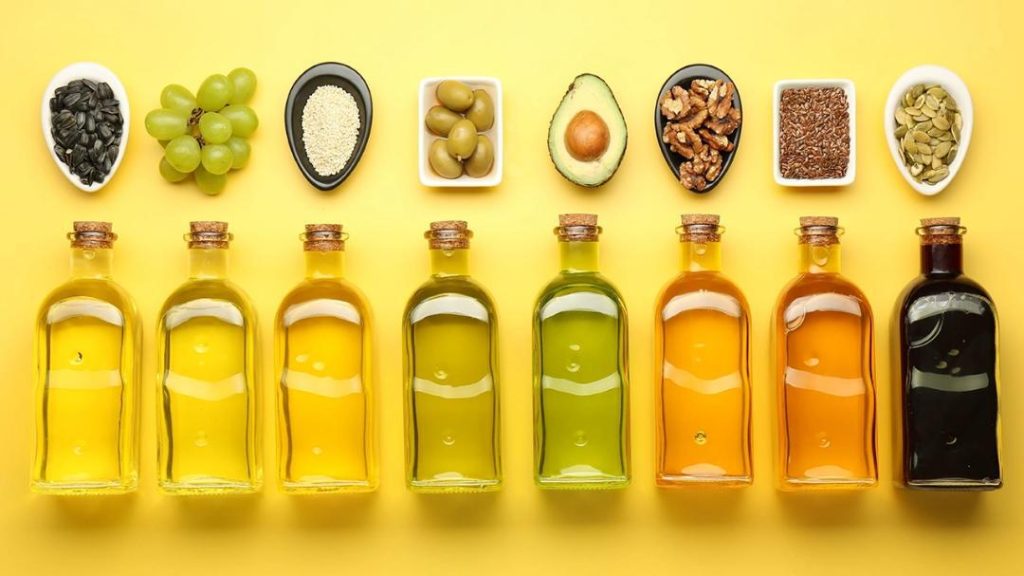
What do experts say about health hazards & benefits of seed oils?
Seed oils have become a staple in many households, with their versatility and health benefits making them a popular choice for cooking and baking. However, critics of seed oils claim that they contain toxic byproducts of hexane, a chemical considered hazardous in gaseous form. But what do the experts say about the health hazards and benefits of seed oils?
Hexane, a chemical used in the extraction process of seed oils, has raised concerns about its residues in the final product. Critics argue that hexane is a hazardous substance that can lead to health problems, including inflammation, cardiovascular disease, and even cancer. However, according to Massachusetts University Food Science Professor Eric Decker, the residue of hexane in seed oil is not dangerous.
In an interview with the Hindustan Times, Professor Decker explained that the residue of hexane in seed oil is “extremely low” and “not a health hazard.” He emphasized that seed oils are subject to strict regulations and quality control measures to ensure that they meet safety standards.
Ohio University Food Science Professor, Dr. Deepa Rao, also debunked the myth that seed oils increase acute or chronic inflammation markers. According to Dr. Rao, seed oils are rich in unsaturated fatty acids, which have been shown to have anti-inflammatory properties. In fact, studies have demonstrated that seed oils can help reduce inflammation and oxidative stress, both of which are associated with chronic diseases.
But what about the critics who claim that seed oils are not as healthy as they seem? One of the main concerns is that seed oils are highly processed and contain high levels of omega-6 fatty acids. While omega-6 fatty acids are important for overall health, excessive consumption has been linked to inflammation and chronic diseases.
However, Dr. Decker and Dr. Rao argue that seed oils are not as highly processed as critics claim. They emphasize that seed oils are extracted using a cold-pressing process, which involves minimal processing and no chemicals. Additionally, seed oils can be used in moderation as part of a balanced diet, which can help mitigate any potential negative effects.
In fact, the health benefits of seed oils far outweigh the potential risks. Seed oils are rich in antioxidants, vitamins, and minerals, which can help support heart health, reduce inflammation, and even improve cognitive function. For example, canola oil, a popular seed oil, is high in omega-3 fatty acids, which have been shown to reduce the risk of cardiovascular disease.
But what about the environmental impact of seed oil production? Critics argue that the production of seed oils requires large amounts of water and pesticides, which can harm the environment. However, Dr. Decker and Dr. Rao argue that the environmental impact of seed oil production is minimal compared to other food products.
In conclusion, while seed oils may have raised some concerns about their health hazards and environmental impact, experts agree that they are a safe and healthy addition to a balanced diet. With their rich source of unsaturated fatty acids, antioxidants, and vitamins, seed oils can provide a range of health benefits, from reducing inflammation to supporting heart health.
So, the next time you reach for the canola oil or sunflower oil, remember that seed oils are not as hazardous as critics claim. With their cold-pressing process and strict regulations, seed oils are a safe and healthy choice for cooking and baking.






